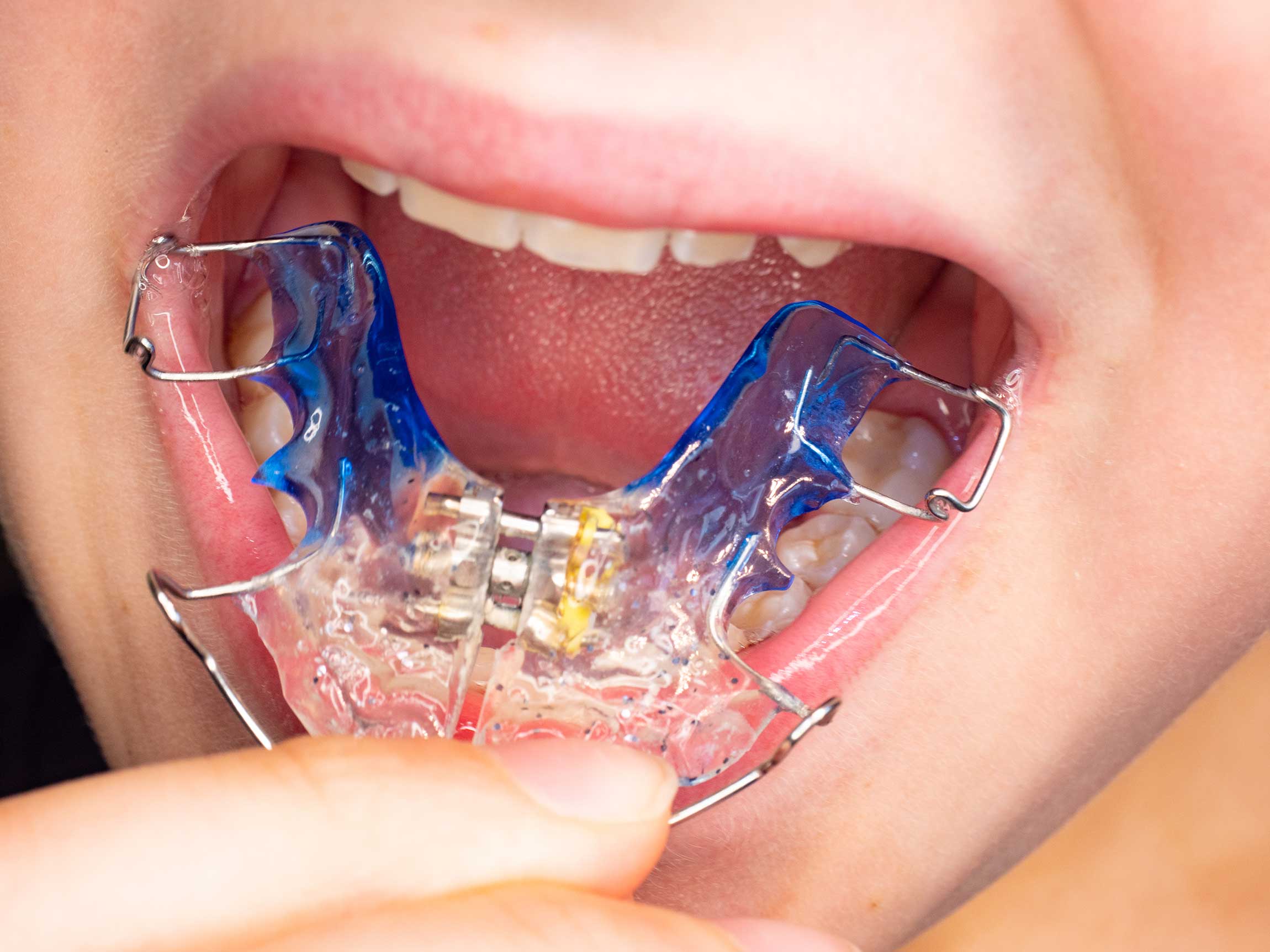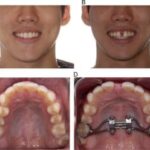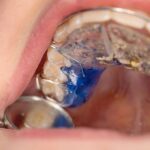Oral health plays a vital role in our overall well-being. It is not just about having a bright smile or fresh breath; it is a reflection of our overall health. Our mouth is the gateway to our body, and maintaining good oral hygiene is essential for a healthy lifestyle.
Practicing good oral hygiene habits is the key to maintaining a healthy dental palate. This includes brushing your teeth twice a day, flossing daily, and visiting your dentist regularly for check-ups and cleanings. Additionally, a balanced diet and avoiding tobacco and excessive alcohol consumption can also contribute to good oral health.
The Significance of Dental Palate for Maintaining Good Oral Health
The dental palate serves several important functions. Firstly, it aids in the process of chewing and swallowing food. The hard palate, which is the bony part at the front of the roof of the mouth, helps to break down food into smaller pieces, making it easier to swallow. The soft palate, located at the back of the mouth, helps to prevent food and liquid from entering the nasal cavity during swallowing.
In addition to its role in chewing and swallowing, the dental palate also plays a crucial role in speech production. The movements of the tongue against the hard palate are essential for producing certain sounds, such as “t” and “d”. Without a properly functioning dental palate, individuals may experience difficulties in articulating certain sounds, leading to speech problems.
Furthermore, the dental palate is closely connected to the nasal cavity. The shape and position of the dental palate can affect nasal airflow and resonance, which can impact a person’s ability to breathe properly and produce clear speech. A well-developed dental palate can contribute to better nasal breathing and improve speech clarity.
Maintaining the health of the dental palate is crucial for overall oral health. Poor oral hygiene can lead to the accumulation of plaque and bacteria on the dental palate, which can result in various dental problems, such as cavities and gum disease. Regular brushing and flossing, along with routine dental check-ups, can help prevent these issues and maintain a healthy dental palate.
Oral health plays a crucial role in our overall well-being. It encompasses the health of our teeth, gums, and mouth. Maintaining good oral health is essential not only for a beautiful smile but also for our overall health.
The dental palate, or the roof of the mouth, is an important part of our oral health. It serves as a barrier between the oral cavity and the nasal cavity, preventing the entry of bacteria and other harmful substances into the respiratory system. The dental palate also plays a role in speech production and swallowing.
When the dental palate is healthy, it helps to maintain the integrity of the oral cavity, ensuring that the teeth and gums are protected from infections and diseases. It also aids in proper chewing and digestion, as well as maintaining the alignment of the teeth.
However, when the dental palate is compromised, it can lead to various oral health problems. For example, a cleft palate, which is a birth defect where the dental palate fails to close properly, can result in difficulties with speech, feeding, and dental problems.
Furthermore, a damaged dental palate can increase the risk of oral infections and diseases. Bacteria and other harmful substances can enter the oral cavity and cause tooth decay, gum disease, and other oral health issues.
In addition to oral hygiene, a healthy diet is essential for maintaining good oral health. Consuming a balanced diet that is rich in vitamins and minerals helps to strengthen the dental palate and promote healthy teeth and gums.
Importance of Dental Palate
Preventing Dental Diseases
Proper oral hygiene, including regular brushing and flossing, helps prevent dental diseases such as tooth decay and gum disease. The dental palate, being an integral part of the oral cavity, needs to be kept clean and healthy to prevent the accumulation of bacteria and plaque. Bacteria in the mouth can cause various dental issues, including cavities and gum inflammation.
Regular brushing and flossing help remove food particles and plaque from the dental palate, reducing the risk of dental diseases. It is essential to pay attention to the dental palate while brushing and ensure thorough cleaning of this area to maintain optimal oral health.
Overall Oral Health
By taking care of the dental palate, we can ensure the overall health of our mouth. Regular dental check-ups are crucial for identifying any potential issues in the dental palate and addressing them before they escalate into more significant problems.
Additionally, maintaining a healthy diet and avoiding excessive consumption of sugary and acidic foods and drinks can also contribute to the well-being of the dental palate and overall oral health.
Preventing Dental Diseases through Oral Hygiene

Good oral hygiene plays a crucial role in preventing dental diseases and maintaining optimal oral health. By adopting proper oral hygiene practices, individuals can significantly reduce the risk of developing common dental problems such as tooth decay, gum disease, and bad breath.
The Basics of Oral Hygiene
Flossing is equally important as it helps remove food particles and plaque from between the teeth and along the gumline. It is recommended to floss at least once a day, using a gentle back-and-forth motion to clean the sides of each tooth. This helps prevent the buildup of plaque and reduces the risk of gum disease.
The Role of Mouthwash
Regular dental check-ups are also essential for maintaining optimal oral health. During these visits, a dentist can identify any early signs of dental problems and provide necessary treatment. Additionally, dentists can perform professional cleanings to remove stubborn plaque and tartar that cannot be removed through regular brushing and flossing.
Conclusion
Preventing dental diseases through oral hygiene is a simple yet effective way to maintain good oral health. By practicing regular brushing, flossing, and rinsing with mouthwash, individuals can reduce the risk of developing dental problems and enjoy a healthy smile. Remember to visit your dentist regularly for check-ups and professional cleanings to ensure optimal oral health.
Regular Dental Check-ups for Optimal Oral Health
Regular dental check-ups are essential for maintaining optimal oral health. These check-ups involve a thorough examination of the teeth, gums, and mouth by a dental professional. They play a crucial role in preventing dental problems and detecting any issues at an early stage.
Why Are Regular Dental Check-ups Important?
Regular dental check-ups are important for several reasons. Firstly, they help in the early detection of dental problems such as tooth decay, gum disease, and oral cancer. Detecting these issues early allows for prompt treatment, which can prevent further complications and save teeth.
Secondly, regular check-ups enable the dentist to assess the overall oral health of an individual. They can identify any areas of concern and provide appropriate advice and treatment to maintain good oral hygiene.
What Happens During a Dental Check-up?
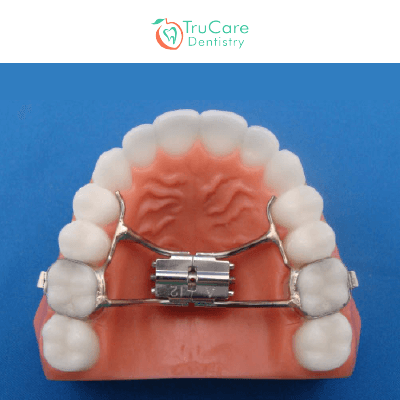
During a dental check-up, the dentist will perform a thorough examination of the teeth and gums. They will check for any signs of tooth decay, gum disease, or other oral health issues. The dentist may also take X-rays to get a more detailed view of the teeth and jawbone.
The dentist will also clean the teeth and remove any plaque or tartar buildup. This helps in preventing tooth decay and gum disease. They may also polish the teeth to remove any surface stains and give them a brighter appearance.
In addition to the examination and cleaning, the dentist will also provide oral hygiene instructions and advice on maintaining good oral health. They may recommend specific oral care products or techniques based on the individual’s needs.
How Often Should You Have a Dental Check-up?
The frequency of dental check-ups may vary depending on an individual’s oral health. In general, it is recommended to have a dental check-up every six months. However, some individuals may require more frequent visits, especially if they have a history of dental problems or are undergoing specific treatments.
Conclusion
Regular dental check-ups are crucial for maintaining optimal oral health. They help in the early detection and treatment of dental problems, ensuring that any issues are addressed before they worsen. By scheduling regular check-ups and following the dentist’s advice, individuals can enjoy good oral health and a beautiful smile.
Healthy Diet and Oral Health

A healthy diet plays a crucial role in maintaining good oral health. The food we consume has a direct impact on our teeth and gums. By making smart food choices, we can prevent dental problems and promote optimal oral health.
The Importance of Nutrients
Proper nutrition is essential for the development and maintenance of healthy teeth and gums. Essential nutrients such as calcium, vitamin D, vitamin C, and phosphorus are vital for strong teeth and gums. Calcium helps in the formation of tooth enamel, while vitamin D aids in the absorption of calcium. Vitamin C is important for healthy gums, and phosphorus helps in the remineralization of teeth.
Avoiding Sugary and Acidic Foods
Sugary and acidic foods can be detrimental to oral health. Bacteria in the mouth feed on sugars and produce acid, which can lead to tooth decay and cavities. Consuming excessive amounts of sugary foods and beverages, such as soda, candies, and pastries, increases the risk of dental problems.
Importance of Water
Water is essential for maintaining good oral health. It helps in the production of saliva, which plays a crucial role in neutralizing acids and washing away food particles. Drinking water regularly throughout the day helps keep the mouth hydrated and reduces the risk of dry mouth, which can contribute to tooth decay and bad breath.
Conclusion
A healthy diet is a key component of maintaining good oral health. By including nutrient-rich foods, avoiding sugary and acidic foods, and staying hydrated with water, we can prevent dental problems and promote optimal oral health. Remember, a healthy mouth leads to a healthy body!
Common Dental Problems and Their Impact on Oral Health
Oral health is crucial for overall well-being, and maintaining good oral hygiene is essential to prevent dental problems. There are several common dental problems that can have a significant impact on oral health if left untreated.
Tooth Decay
Gum Disease

Tooth Sensitivity
Tooth sensitivity is a common problem that causes discomfort or pain when consuming hot, cold, sweet, or acidic foods and drinks. It occurs when the tooth enamel wears down, exposing the sensitive dentin underneath. Tooth sensitivity can be a sign of tooth decay, gum recession, or tooth grinding, and it should be addressed to prevent further damage.
Bad Breath
Oral Cancer
Oral cancer is a serious condition that can affect the lips, tongue, cheeks, and throat. It often goes unnoticed in its early stages, making regular dental check-ups important for early detection. Risk factors for oral cancer include tobacco and alcohol use, sun exposure, and certain viral infections.
Oral Health and Overall Well-being
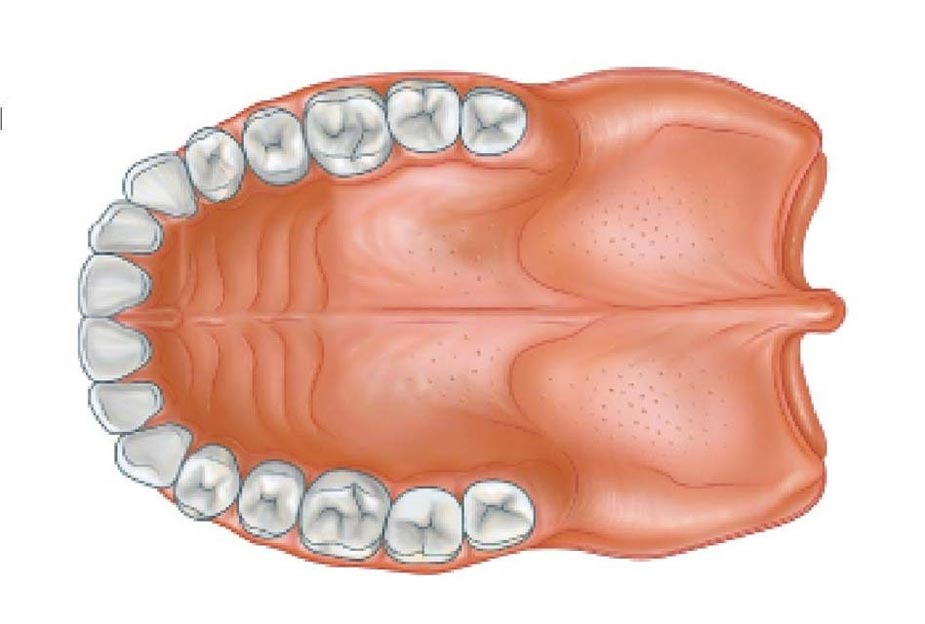
Good oral health is not only important for maintaining a healthy smile, but it also plays a crucial role in overall well-being. The mouth is the gateway to the body, and oral health has been linked to various systemic diseases and conditions.
Research has shown that poor oral health can contribute to the development of cardiovascular diseases, diabetes, respiratory infections, and even certain types of cancer. This is because the mouth harbors millions of bacteria, and if left unchecked, these bacteria can enter the bloodstream and spread to other parts of the body, causing inflammation and other health problems.
Furthermore, oral health issues such as gum disease have been associated with an increased risk of preterm birth and low birth weight in pregnant women. Pregnant women with poor oral health are more likely to experience complications during pregnancy, which can have long-term effects on both the mother and the baby.
In addition to the physical health implications, poor oral health can also have a negative impact on mental well-being. Oral health problems can cause pain, discomfort, and embarrassment, leading to decreased self-esteem and social isolation. Individuals with dental issues may avoid social situations and have difficulty speaking or eating, which can affect their overall quality of life.
On the other hand, maintaining good oral health can have a positive impact on overall well-being. Regular brushing, flossing, and dental check-ups can help prevent dental diseases and maintain a healthy mouth. This, in turn, can improve self-confidence, enhance social interactions, and contribute to a better quality of life.
Oral Health Education and Awareness
Another important aspect of oral health education is raising awareness about common dental problems and their impact on oral health. By educating individuals about the signs and symptoms of dental issues such as tooth decay, gum disease, and oral cancer, they can seek timely treatment and prevent further complications.

Dr. Fidel Cann: Esteemed orthodontist with a lifelong dedication to enhancing smiles and oral health. Pioneering expertise, compassionate care.
